Posted on 4/18/2025
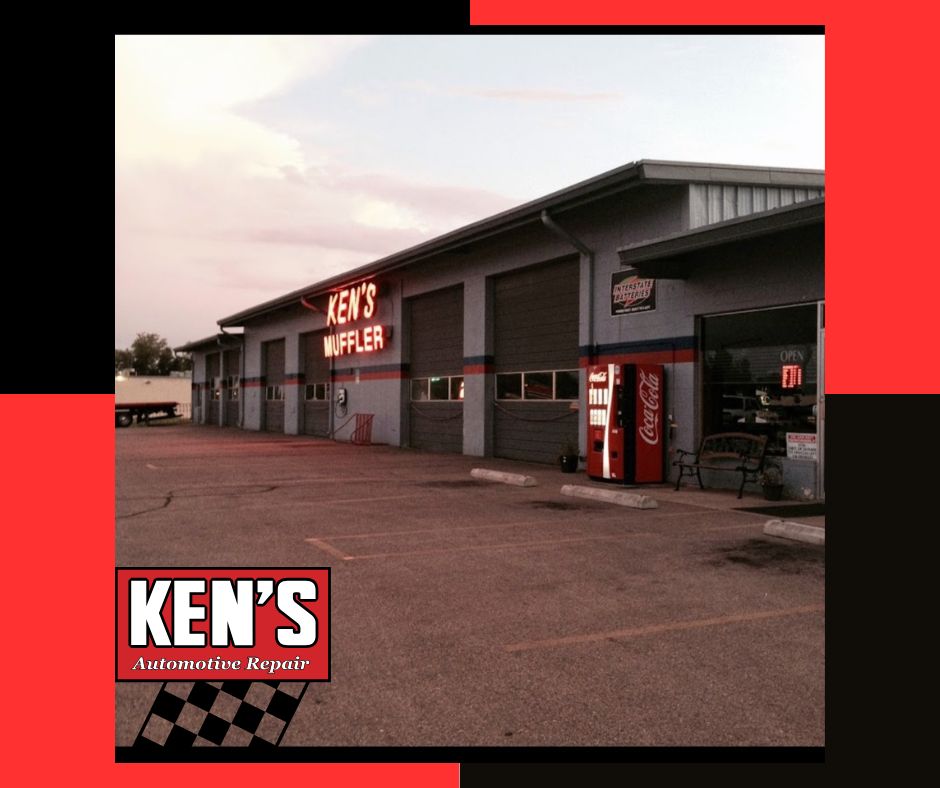
When your car needs repairs, finding a trustworthy auto repair shop can be overwhelming. Whether it's for routine maintenance or more complex issues, knowing what to look for in a shop can ensure you receive quality service and fair pricing. Here’s how to choose the right auto repair shop: 1. Certifications and Qualifications A reputable shop should have certified technicians, such as those with ASE (Automotive Service Excellence) certification. These credentials ensure that the technicians have passed rigorous tests and have the necessary skills and knowledge to repair your vehicle properly. It’s always a good idea to check if the shop displays these certifications or is affiliated with industry organizations. 2. Transparency in Pricing A trustworthy repair shop will be upfront with their pricing. Before any work is done, they should provide a detailed estimate of the ... read more
Posted on 4/11/2025

Spring is the perfect time to hit the road and explore the beauty of nature as it awakens. Whether you’re looking for a weekend getaway or a longer adventure, here are some of the best road trips to take this spring. 1. The Pacific Coast Highway (California) One of the most scenic drives in the U.S., the Pacific Coast Highway offers breathtaking views of the Pacific Ocean, cliffs, and coastal towns. Starting from the vibrant city of San Francisco and heading south to Los Angeles, this road trip is perfect for nature lovers and those who enjoy exploring charming beach towns. 2. The Great Smoky Mountains (Tennessee and North Carolina) If you’re craving some mountain air, the Great Smoky Mountains National Park is an ideal destination. The road to the Smokies is lined with wildflowers in spring, and the area offers plenty of hik ... read more
Posted on 4/4/2025
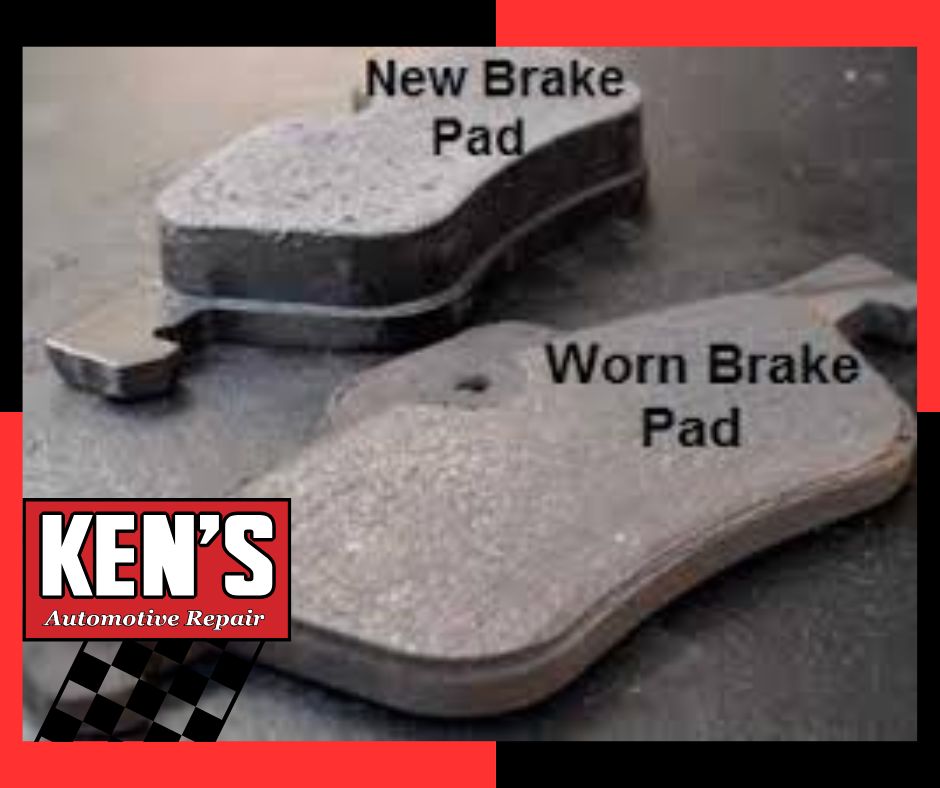
Your car’s brakes are one of the most important safety features, and regular maintenance is crucial for your safety. Over time, brake pads wear out, and brake components can fail, leading to dangerous situations. Here are some common signs your brakes need replacing: 1. Squeaking or Squealing Noises One of the first signs that your brake pads are worn out is high-pitched squeaking or squealing when you apply the brakes. Most brake pads have built-in wear indicators that make this sound to warn you it’s time for a replacement. 2. Grinding Sounds If you hear a grinding noise when braking, it could mean that your brake pads are completely worn down, causing metal to rub against metal. This is a serious issue that requires immediate attention as it can damage your brake rotors and lead to costly repairs ... read more
Posted on 3/28/2025
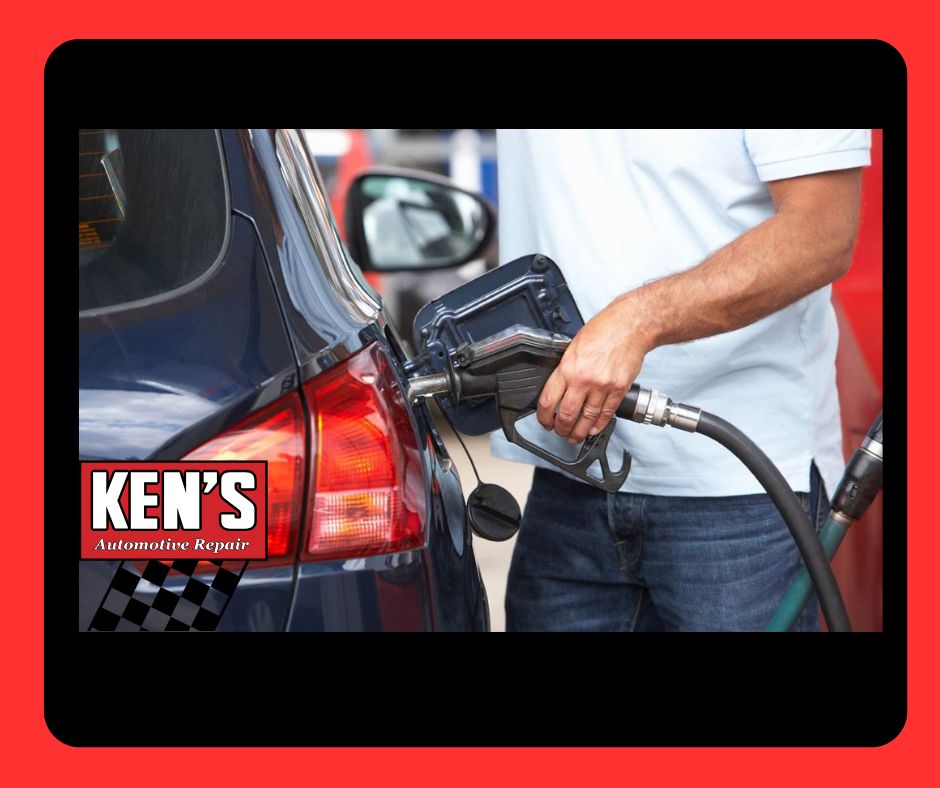
With gas prices on the rise, everyone’s looking for ways to save money at the pump. The good news is that with a few simple changes in how you drive and care for your car, you can improve your gas mileage and keep your wallet happy. Here’s how: 1. Maintain Proper Tire Pressure Under-inflated tires can reduce fuel efficiency by up to 3%. Check your tire pressure monthly, especially during temperature changes, as tires naturally lose air. Properly inflated tires reduce rolling resistance, making your car more fuel-efficient. 2. Drive Smoothly and Avoid Rapid Acceleration Aggressive driving, such as rapid acceleration and hard braking, can lower your gas mileage by as much as 30%. Try to accelerate slowly, maintain a steady speed, and brake gently. Use cruise control on highways to keep your speed constant. ... read more
Posted on 3/21/2025

5 Essential Car Maintenance Tips for Spring Spring is here, which means it’s time to shake off the winter wear and tear on your car. Cold temperatures, snow, and road salt can take a toll on your vehicle, so now is the perfect time to get it ready for warmer months. Here are five essential car maintenance tips to keep your car running smoothly this spring. 1. Check and Rotate Your Tires Winter driving conditions can cause uneven tire wear. Rotating your tires ensures they wear evenly, improving traction and extending their lifespan. Also, check your tire pressure—cold weather can cause tires to deflate, so make sure they’re properly inflated for better fuel efficiency and handling. 2. Inspect Your Brakes Salt and moisture from winter roads can lead to rust and brake wear ... read more
Posted on 2/28/2025
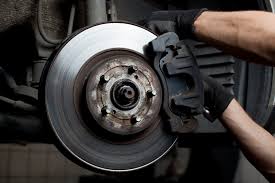
Your car’s brakes are one of the most essential safety features. They allow you to stop your vehicle when necessary, whether it’s for a red light or to avoid a dangerous situation. Without properly maintained brakes, you could be putting yourself and others at risk. That’s why regular brake maintenance is so important. One of the main reasons to maintain your brakes is to avoid brake failure. If you ignore warning signs like squeaking, grinding, or a soft brake pedal, it could mean your brake pads are worn out. When brake pads wear down too much, they can damage the rotors, which are more expensive to repair. If your brakes stop working properly, you may not be able to stop your car in time, increasing the risk of an accident. Regular brake inspections also ensure your brakes are working efficiently. Over time, brake fluid can become dirty or low, causing your brakes to respond slowly or unevenly. This can make it harder to stop quickly, especially during an ... read more
Posted on 2/21/2025
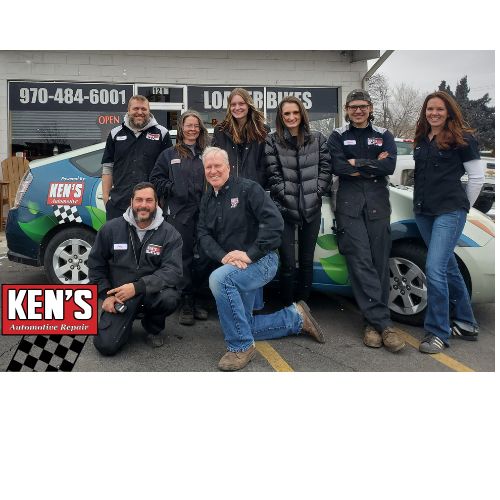
How to Extend the Life of Your Car: Essential Maintenance Tips A car is one of the most significant investments you can make, and just like any investment, it requires care and attention to ensure it lasts as long as possible. Regular maintenance is key to preserving your vehicle’s lifespan and keeping it running smoothly. Whether you’ve just bought a new car or are looking to extend the life of an older model, maintaining it well can save you a lot of time, money, and stress. Here are some essential tips to help you extend the life of your car. 1. Change Your Oil Regularly One of the most important and simple maintenance tasks you can do is changing your oil. Oil keeps the engine parts lubricated, preventing friction that can lead to engine damage. Over time, oil breaks down and becomes less effective, which can cause your engine to overheat and wear out more quickly ... read more
Posted on 3/1/2024
.jpeg)
DO YOU STILL NEED AN OIL CHANGE IF YOU DON'T DRIVE OFTEN? Absolutely! Even if you don't drive your vehicle often, it's still crucial to get regular oil changes. Here's why: Oil Breakdown: Oil breaks down over time due to exposure to heat, moisture, and oxygen, regardless of how often you drive. This breakdown reduces its lubricating properties, which can lead to increased friction and wear on your engine parts. Contaminants: Even if your car sits idle, contaminants such as dust, dirt, and moisture can still find their way into the oil. These contaminants can cause sludge buildup and decrease the oil's effectiveness in lubricating and protecting your engine. Condensation: When a car sits for extended periods, especially in fluctuating temperatures, condensation can form inside the engine. This moisture can mix with the oil and cause corrosion and rust within the engine components. Engine Protection: Regular oil changes not only lubricate engine parts but also he ... read more
Posted on 2/2/2024

Your vehicle's transmission is a crucial component that allows power to be transferred from the engine to the wheels, enabling movement. To keep it running smoothly, transmission maintenance is essential. In this blog post, we'll delve into the role of transmission fluid and why regular maintenance is key to ensuring your vehicle performs optimally. Plus, don't miss out on our special February offer of 20% off transmission service to keep your car in top condition! The Role of Transmission Fluid: Transmission fluid plays a vital role in keeping your transmission functioning properly. It serves several key purposes: Lubrication: Transmission fluid lubricates the moving parts within the transmission, reducing friction and preventing wear and tear. This helps prolong the lifespan of the transmission components. Cooling: The transmission can generate a significant amount of heat during operation. Transmission fluid helps dissipate this heat, preventing overheating which can ... read more
Posted on 5/30/2018
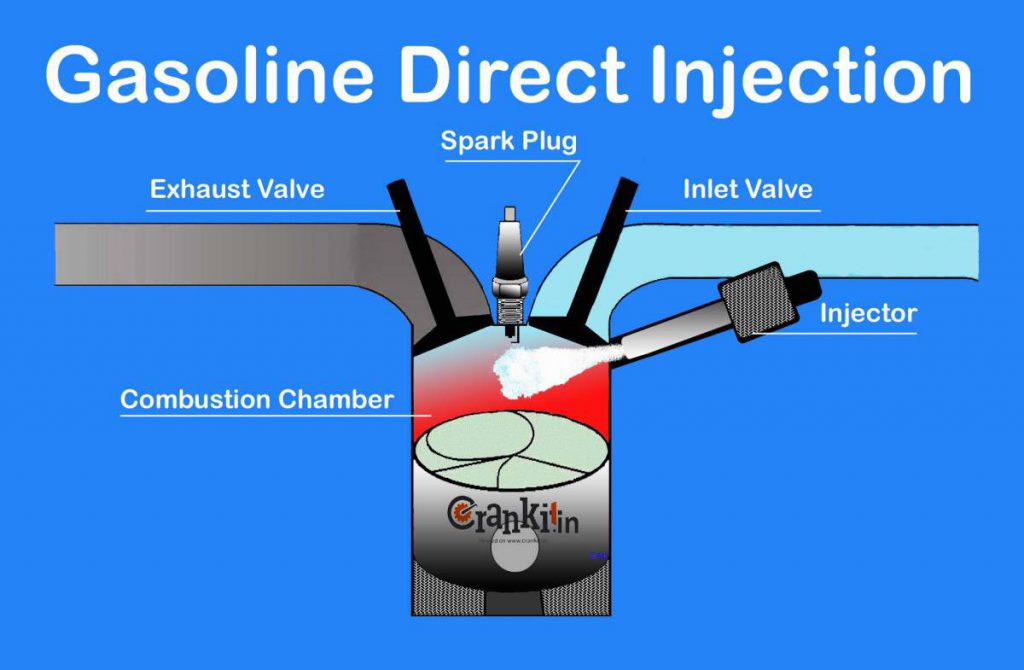
Question: My new car has a “GDI” engine. What does that mean to me and other Fort Collins vehicles with this new type of engine? Kens Muffler and Automotive Answer: GDI stands for Gasoline Direct Injection. It's a type of fuel injection system that is becoming very popular on modern engines. Let's talk about the two most common forms of fuel injection. Port Fuel Injection has been common in Fort Collins vehicles for the last several decades. With this type, there is a small port just outside the cylinder on the engine. • The fuel injector squirts a bit of gas into this area just before the intake valve opens • When the valve opens, air enters the port and mixes with the gas, then flows past the valve and into the engine • The gas and air mixture is compressed by the piston • The spark plug fires, igniting the gas which pushes against th ... read more